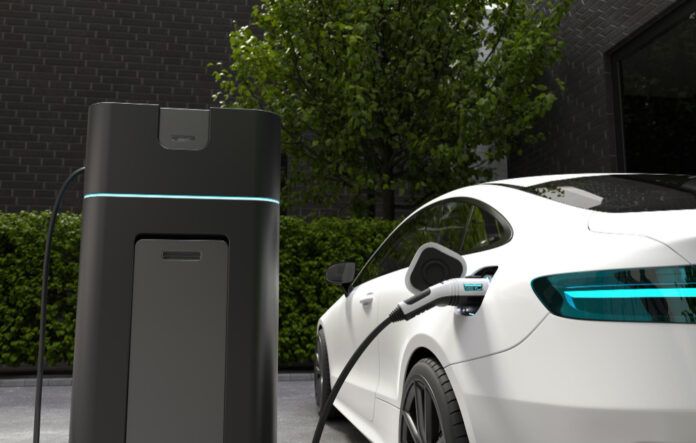Despite previous announcements by Elon Musk, Tesla has shifted focus from its anticipated affordable electric vehicle, codenamed NV9, to prioritize its Robotaxi project
Tesla, the pioneering electric vehicle manufacturer, has recently redirected its efforts, putting the anticipated $25,000 electric car project on hold. This decision contrasts sharply with earlier statements from CEO Elon Musk, who had promoted the vehicle as a future affordable option in Tesla’s lineup. The project, internally known as NV9, was expected to introduce a new, more economical model to the market, often referred to as the “Model 2.”
The shift in focus comes as Tesla aims to prioritize the development of its Robotaxi, a vehicle designed from the ground up to support autonomous driving. This strategic pivot reflects the company’s broader ambitions in enhancing its self-driving technology over producing more accessible electric vehicles. The Robotaxi initiative includes expanding Tesla’s Gigafactory in Texas to include a massive data centre, crucial for the project’s infrastructure.
Recent reports by Reuters had initially suggested that the NV9 project was “cancelled,” prompting a swift denial from Musk. However, further clarification reveals that while not permanently scrapped, the project is indefinitely postponed. This nuance was critical in Musk’s rejection of the report, emphasizing the temporary nature of the halt. Nonetheless, the decision to defund the NV9 project and lay off staff associated with it suggests a significant shift in Tesla’s immediate priorities.
Inside sources report that Musk informed Tesla’s Austin team in December 2023 about the project’s importance for 2024. However, the recent reallocation of resources and subsequent layoffs indicate a stark deviation from those plans. The layoffs, part of a broader round announced today, underscore the challenges Tesla faces as it reallocates its focus toward developing autonomous driving technologies.
The controversy over the NV9 project’s status highlights the ongoing tension between Tesla’s public communications and its operational decisions. Musk’s reputation for ambitious promises often clashes with the pragmatic adjustments required in Tesla’s strategic execution. This pattern has led to scepticism about the company’s commitment to delivering on its announced projects.
Critics argue that an affordable Tesla model would significantly boost the company’s market reach and fulfill a longstanding promise to make electric vehicles accessible to a broader audience. However, Tesla’s decision to prioritize the Robotaxi project suggests a strategic bet on the future of autonomous transportation over immediate market expansion through more affordable vehicle options.
As Tesla continues to adjust its strategic goals, the automotive industry watches closely. The company’s focus on advancing autonomous driving technology could redefine its trajectory, but it also raises questions about its role in making electric vehicles accessible to the mass market. The upcoming unveiling of the Robotaxi on August 8th will likely provide further insights into Tesla’s strategic direction and its implications for the broader electric vehicle landscape
